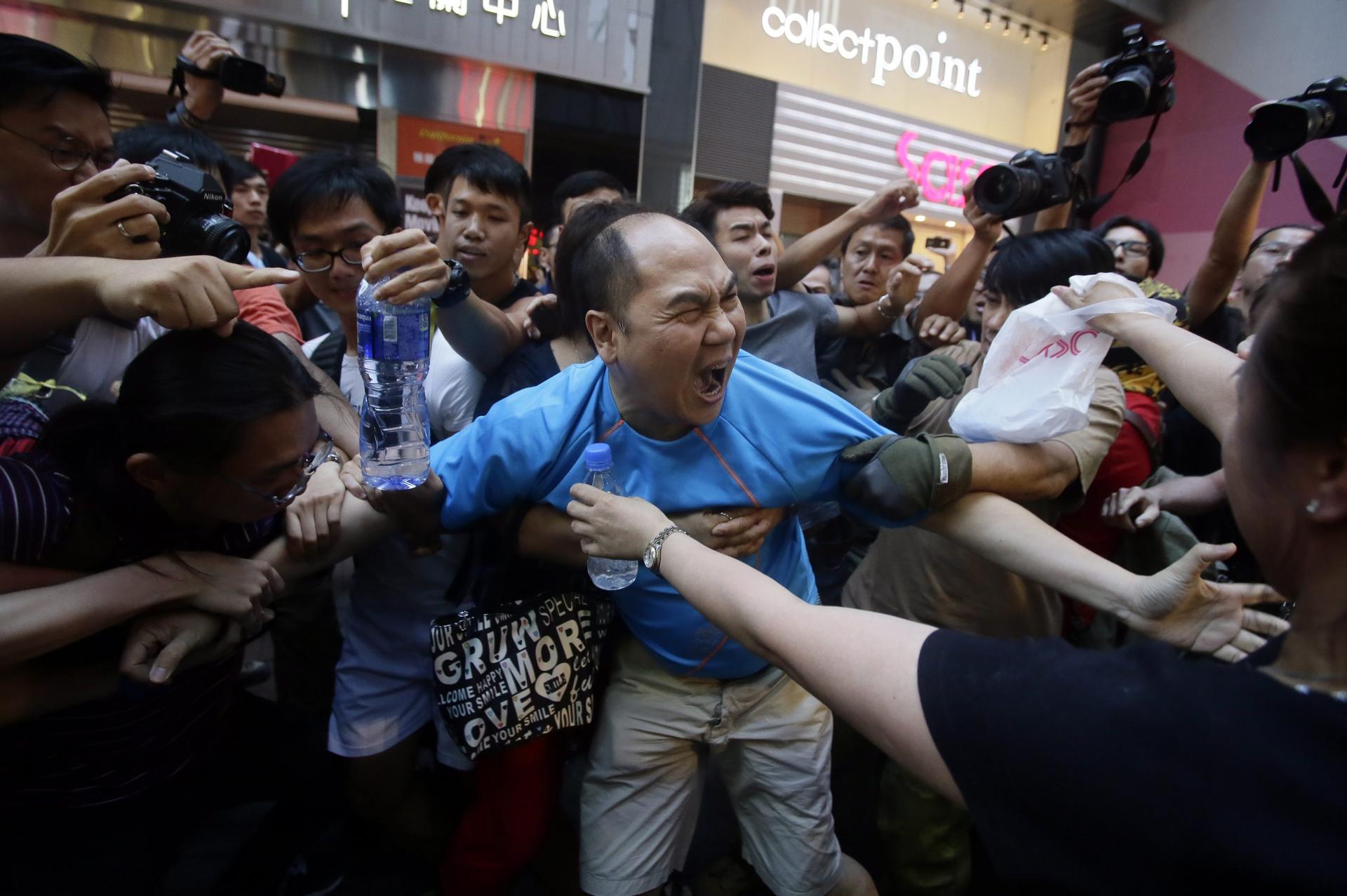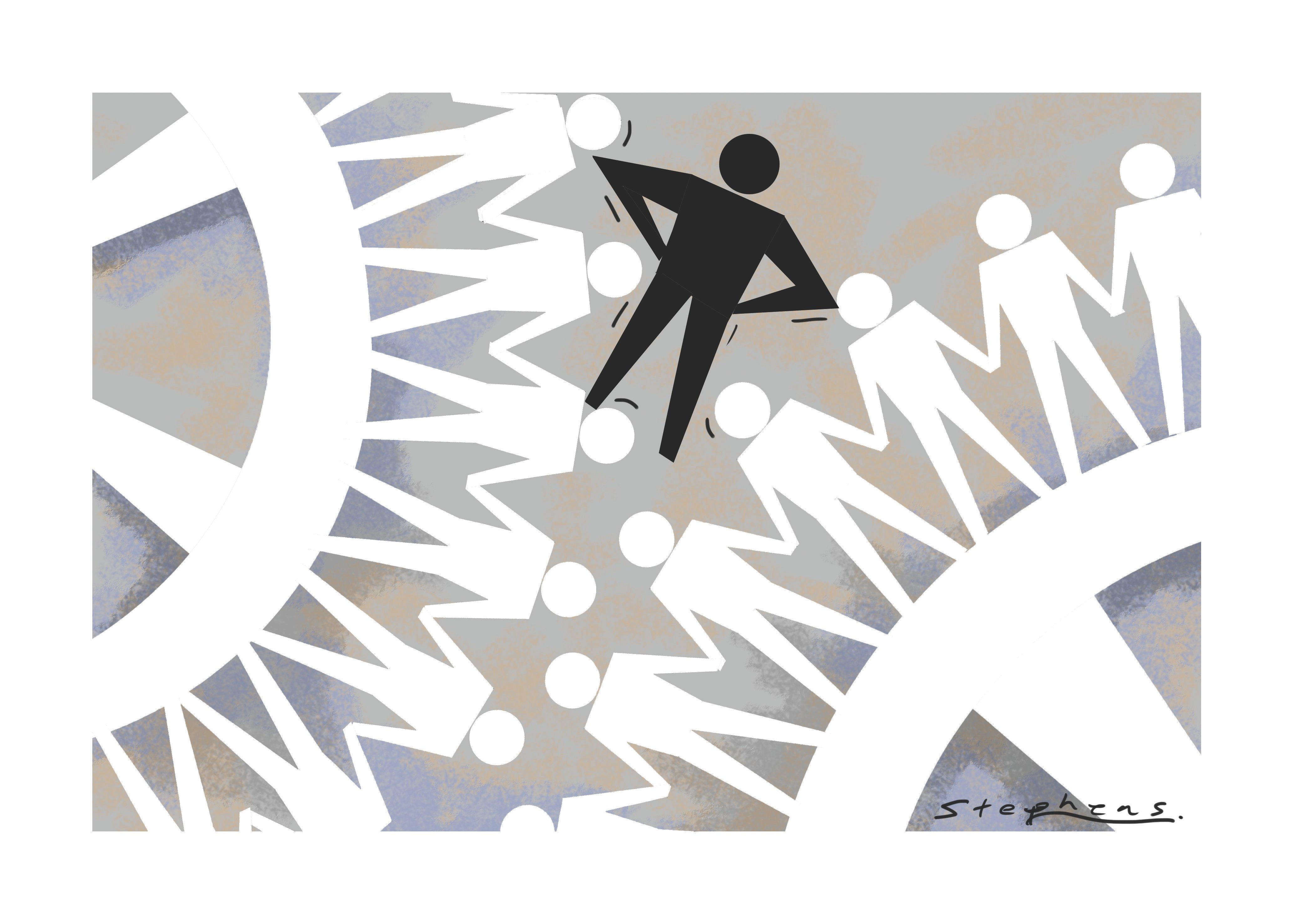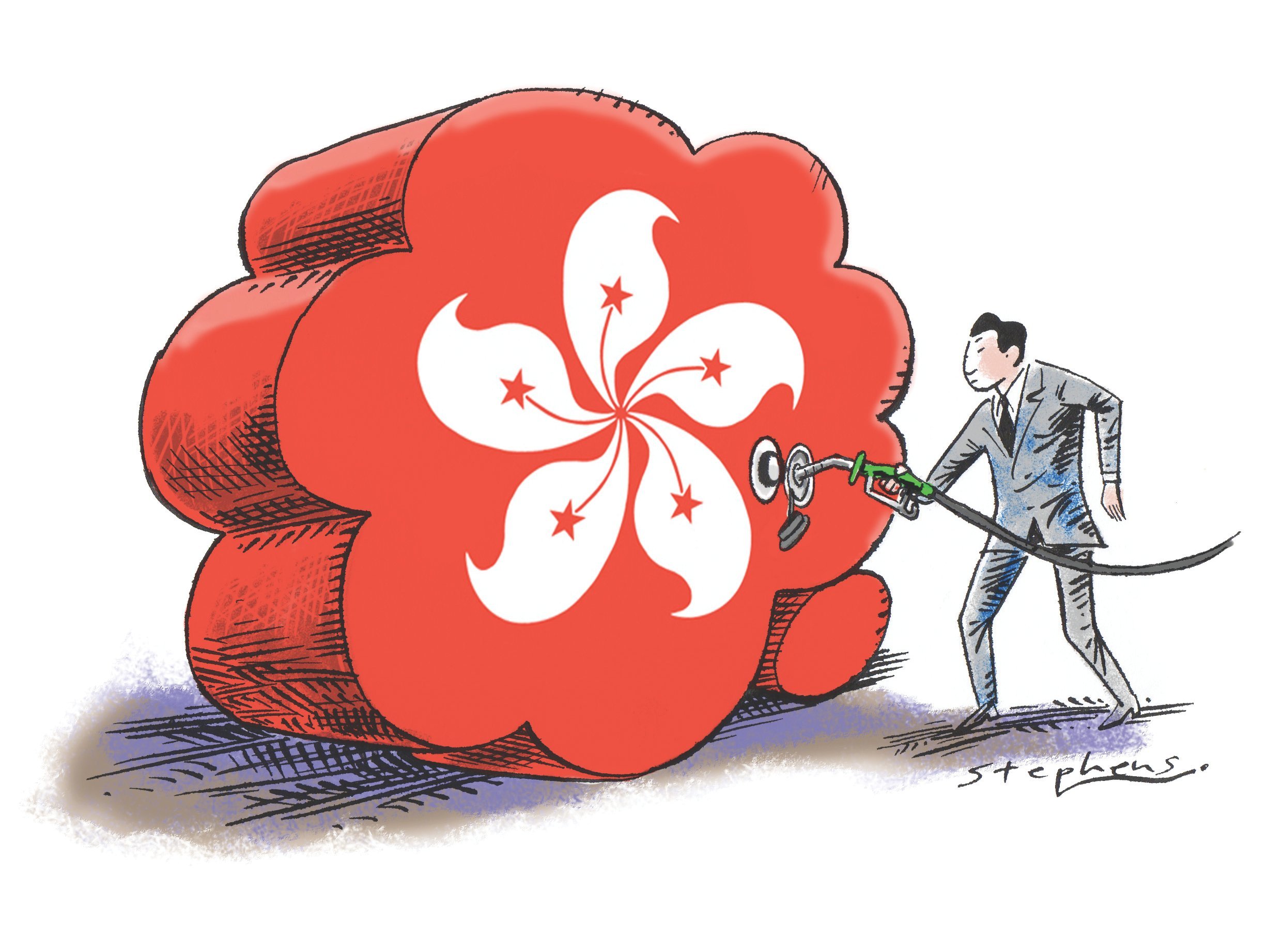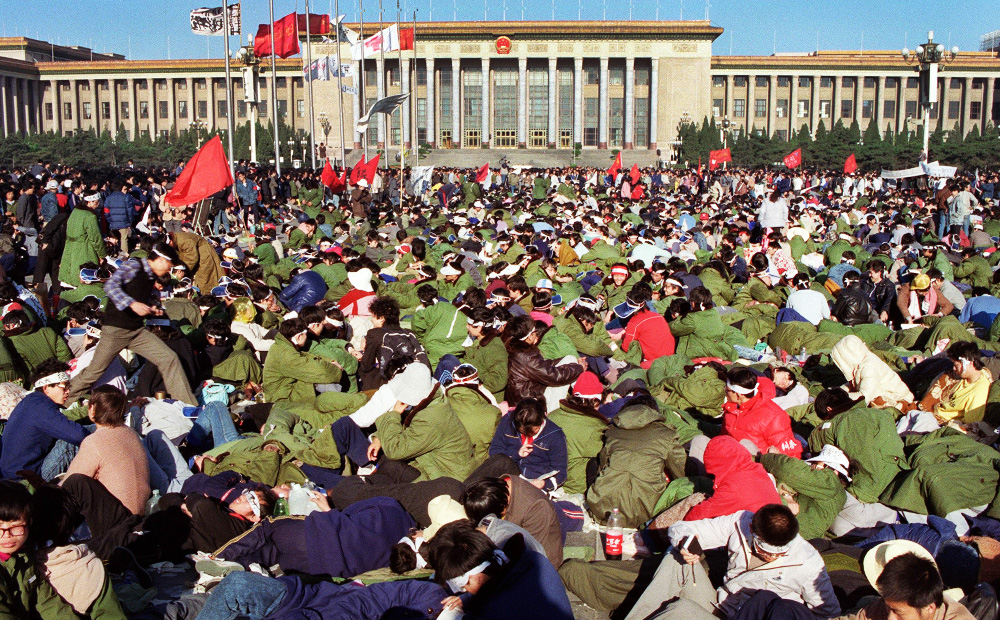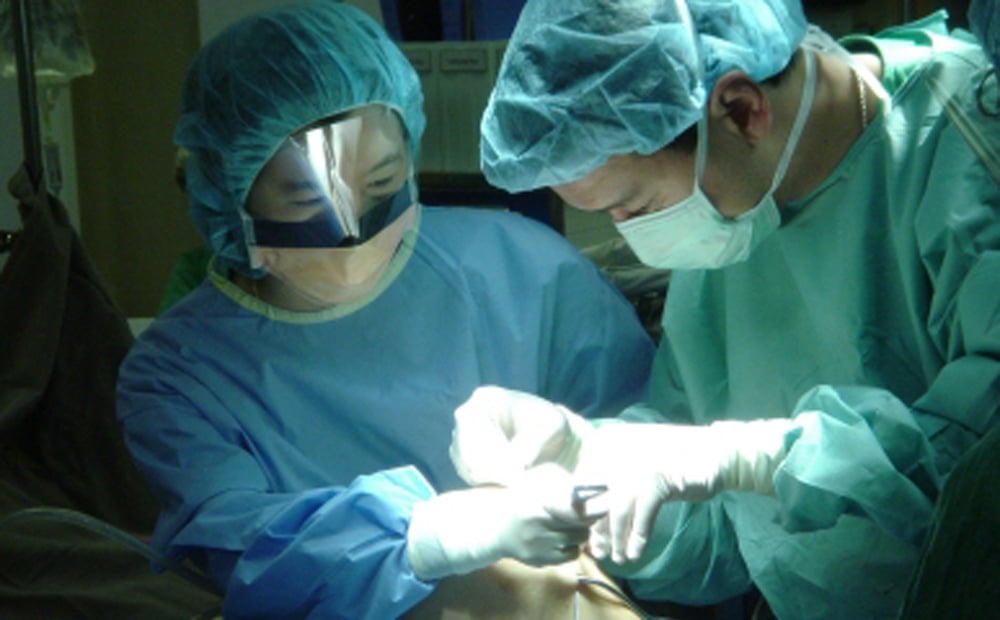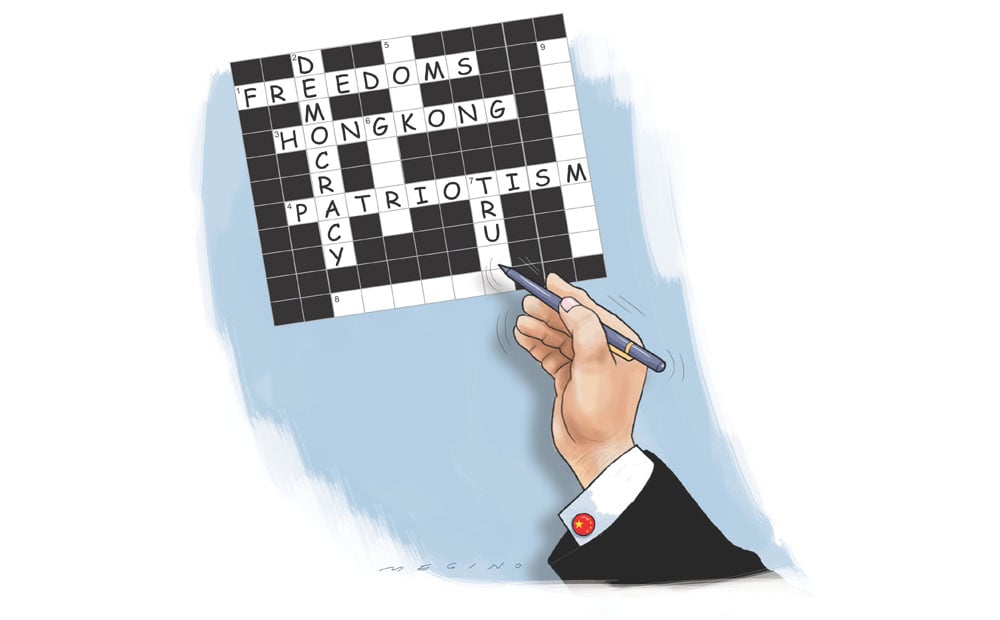In democratic governance, a good policy idea is king. A key institution of democracy that supports good government is a thriving network of competing think tanks with a broad spectrum of policy ideas. This is missing in Hong Kong.
The people's square is the best place to parade the military, the worst place to deploy the military. Twenty-five years have passed since the military crackdown in Tiananmen Square - an eternity for the bereaved and exiled, a missing chapter in official Chinese history and an open wound for the nation.
How would you rate a public health system that asks its elderly citizens to wait up to three years for cataract treatment or two years for surgery on an enlarged prostate? Judging by treatment quality, Hong Kong's health care system is world-class. Judging by the accessibility of services at our public hospitals, Hong Kong is almost third-world.
Trust between leaders and the led is what glues them together, enabling effective governance. But, in the case of Hong Kong, this glue is no stronger than sticky rice. Beijing sees Hong Kong through the lens of Chinese history and the Communist Party's 64 years of experience in power. This prism gives Beijing a distorted picture of Hong Kong, feeding its misguided policy responses to what Hong Kong people hold as a mild demand for true universal suffrage.
